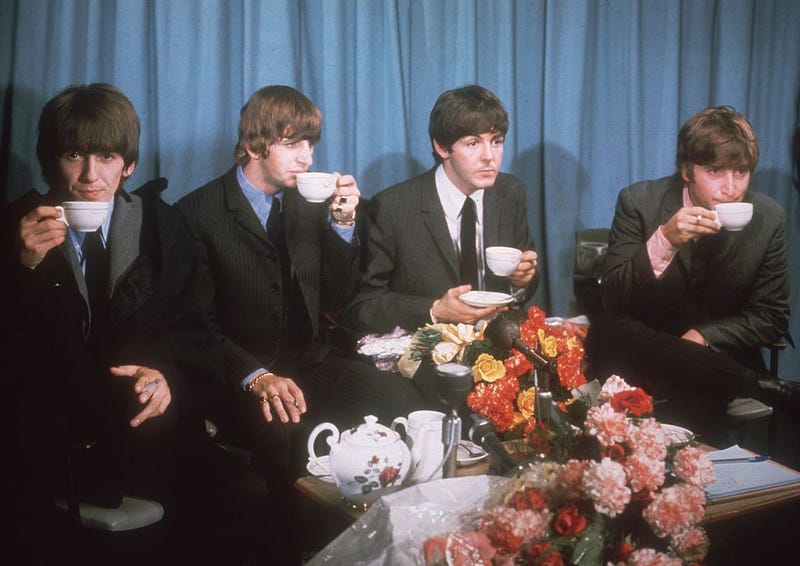
Even though the Beatles broke up more than 50 years ago, fans can expect a new record from the band to be released this year, according to a recent interview Sir Paul McCartney did with BBC 4.
He said that artificial intelligence was used to complete the “final Beatles record,” which likely stems from a piece his former bandmate, the late John Lennon, composed in 1978 called “Now and Then”.
In 1995, that song was considered as a possible reunion song as McCartney, Ringo Starr and the late George Harrison compiled an anthology of the band’s songs, said the BBC. It was one of several songs on a cassette labelled “For Paul” that McCartney received from Lennon’s widow, Yoko Ono. Two other songs from the cassette were released in 1995.
“Now and Then” wasn’t included. It needed some work, the BBC explained. Harrison also thought the sound quality was bad, and it did have a buzzing noise in the background due to technical issues. However, a bootleg version of the song did pop up in 2009.
“Fans have speculated that this recording may not have been available in 1995, suggesting it was stolen from his apartment, along with other personal effects,” after he was assassinated in 1980, said the BBC.
McCartney has talked about wanting to complete the song since, including during an interview for a 2012 BBC 4 documentary. While he didn’t name the song coming out this year, the BBC speculates “Now and Then” is the track.
It is described as “an apologetic love song that was fairly typical of Lennon’s later career,” that had a chorus but was lacking in verses. McCartney said it did have a “beautiful verse,” per an interview with Q Magazine cited by the BBC.
A technology breakthrough recently occurred during the making of the “Get Back” documentary by Peter Jackson that was released on Disney+ last year.
“Dialogue editor Emile de la Rey trained computers to recognize the Beatles’ voices and separate them from background noises, and even their own instruments, to create ‘clean’ audio,” said the BBC. McCartney has already used the technique to “duet” with Lennon on his recent tour and for new sound mixes of the “Revolver” album.
“He [Jackson] was able to extricate John’s voice from a ropey little bit of cassette,” McCartney told Radio 4’s Martha Kearney. “We had John’s voice and a piano and he could separate them with AI.”
This method was used to clean up a demo from Lennon, McCartney said.
“We just finished it up and it’ll be released this year,” he said.
The former Beatle and Wings front man is not the only high-profile musician to embrace AI technology. Earlier this year, Grimes announced the release of elf.tech, which allows users to create AI “voiceprint” recordings.
“They can incorporate these GrimesAI-1 vocals in the creation of new sound recordings,” according to the elf.tech summary.
AI voice technology has also been a source of concern. In March, the Federal Trade Commission issued a warning about the technology being used in scams. Although AI may have helped McCartney complete a longtime goal of finishing Lennon’s song, he also said he’s concerned about the technology.
“It’s kind of scary but exciting, because it’s the future,” he said. “We’ll just have to see where that leads.”


